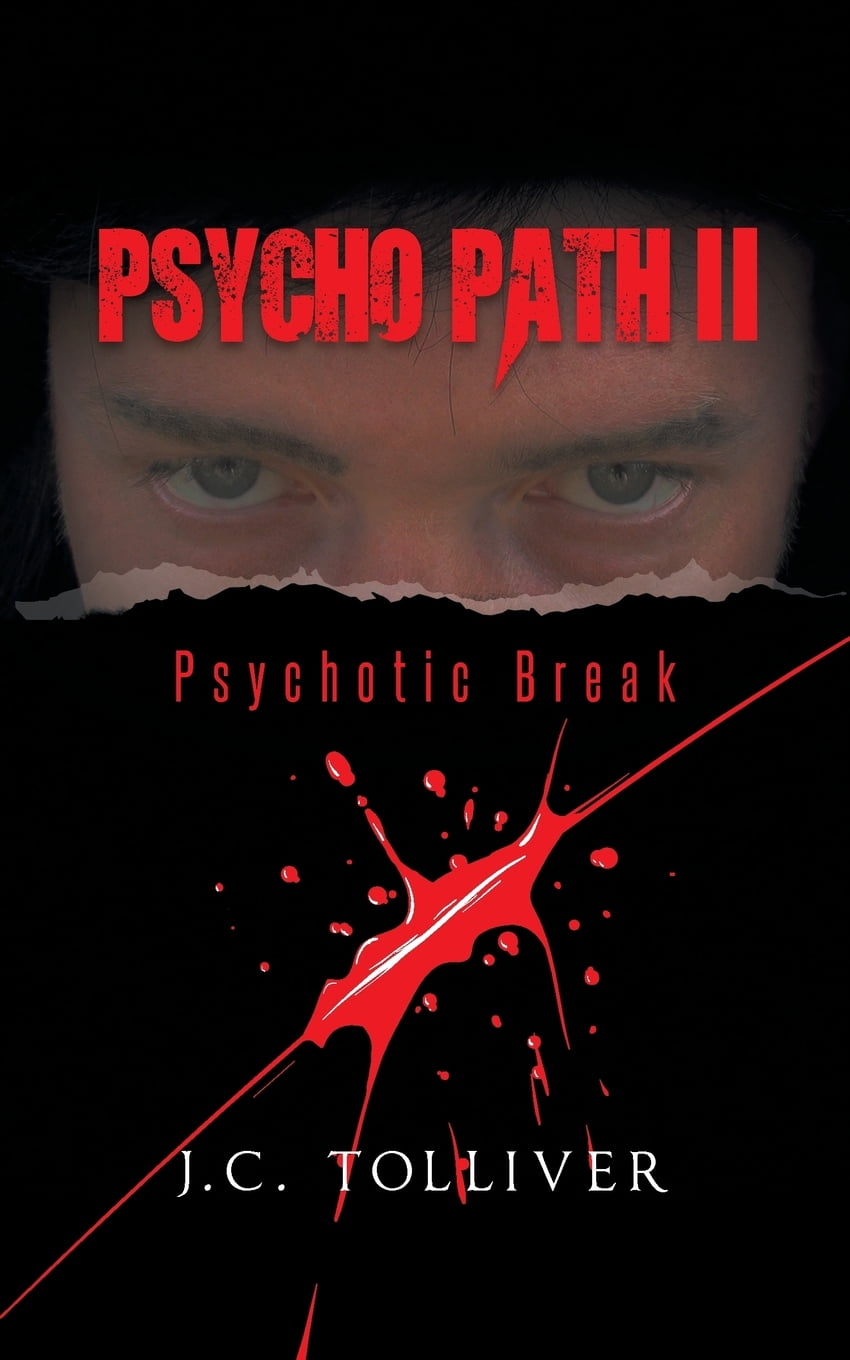

It is important to reduce the length of time between the start of psychotic symptoms and the beginning of treatment because people tend to do better when they receive effective treatment as early as possible.Įarly diagnosis and appropriate treatment make it possible to recover from psychosis. Studies have shown that people experiencing first-time psychosis in the United States typically have symptoms for more than a year before receiving treatment. The longer symptoms go untreated, the greater the risk of a person developing a substance use disorder, injuring themselves, and becoming homeless or unemployed. Left untreated psychotic symptoms can lead to disruptions in school and work, strained family relationships, and separation from friends.

Case management allows people with psychosis to work with a case manager to address practical problems and improve access to needed support services.Supported employment and education services aim to help individuals return to work or school, using the support of a coach to help people achieve their goals.Medication management involves health care providers tailoring medication to a person’s specific needs by selecting the appropriate type and dose to help reduce psychosis symptoms.Family support and education programs teach family members about psychosis as well as coping, communication, and problem-solving skills.Cognitive and behavioral therapy focuses on developing the knowledge and skills necessary to build resilience and cope with aspects of psychosis while maintaining and achieving personal goals. Individual or group psychotherapy is tailored to a person’s recovery goals.Specifically, coordinated specialty care involves multiple components: What is coordinated specialty care?Ĭoordinated specialty care is a recovery-oriented, team approach to treating early psychosis that promotes easy access to care and shared decision-making among specialists, the person experiencing psychosis, and family members. During an episode of psychosis, a person’s thoughts and perceptions are disrupted, and they may have difficulty recognizing what is real and what is not. Psychosis refers to a collection of symptoms that affect the mind, where there has been some loss of contact with reality. RAISE aimed to determine the best ways to help people recover from a psychotic episode and to reduce the likelihood of future episodes and long-term disability. Launched in 2008, the Recovery After an Initial Schizophrenia Episode (RAISE) was a large-scale research initiative testing coordinated specialty care treatments. Research Training and Career Development Opportunities.Research Conducted at NIMH (Intramural Research Program).Upcoming Observances and Related Events.Understanding psychosis.Contribute to Mental Health Research Mobile navigation National Institute of Mental Health (NIMH). The role of dopamine in schizophrenia from a neurobiological and evolutionary perspective: old fashioned, but still in vogue.

Evidence that environmental and genetic risks for psychotic disorder may operate by impacting on connections between core symptoms of perceptual alteration and delusional ideation. Smeets F, Lataster T, Viechtbauer W, Delespaul P, G.R.O.U.P. This becomes even more likely if there are other factors in place that could lead to a psychotic break, such as being genetically predisposed.


 0 kommentar(er)
0 kommentar(er)
